How Many WiFi Extenders Can You Have on One Router?

The number of extenders you can use is determined by your router’s device handling capacity. So, theoretically, you can have as many extenders as your router can handle.
However, practically, it’s recommended to use 2-4 extenders, depending on your house size and areas with poor WiFi signal. Going beyond this range will result in a significant drop in the speed and performance of both, your home network and WiFi boosters.
Also, pairing multiple extenders on a single router can turn into a management nightmare. Wondering why? Let me answer it and all the relevant questions along with discussing the benefits and drawbacks.
Stick to the end of the article, you’ll have everything clear around this topic.
How Many Extenders Can You Have on One Router?
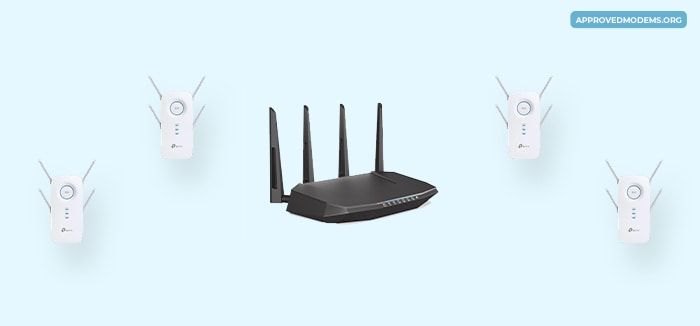
As mentioned earlier, in theory, you can connect as many extenders as your router can support. However, in practice, you can go for 2-4 based on your coverage requirements. Anything more than that will lead to poor internet speeds and an unstable network.
Using multiple extenders will come in handy in a few situations. It’ll help you get around a complicated layout, given, you’ve got a router capable of handling lots of devices. But I’d recommend more than one only for specific or limited scenarios. I’ll explain to you why? Read on.
A Wi-Fi extender uses the same Wi-Fi Channel to send data back and forth to your primary router. Imagine two Wi-Fi extenders using the same channel to transmit data. This makes it vulnerable to network congestion.
On top of this, all the client devices interacting with the primary router would be using the same Wi-Fi channel. It is a recipe for high levels of interference and latency, which would end up causing slow speeds, frequent disruptions, etc.
You can change the Wi-Fi channel for each extender only if it is operating in access point mode, i.e., wired to the router. Without the required infrastructure, this would have you running Ethernet cables across the house, which would end up making it a more expensive and messy affair.
If you feel one extender wouldn’t suffice to address the connectivity issues, you are better off considering a full upgrade to a good mesh WiFi system. Having said that, I’m not against using more than one extender. On certain conditions, it would be in your favor to save some money and allow you to make the most out of the internet.
Situations When You Can Use Multiple Extenders
- If you have the latest/most powerful primary router.
- When you have a larger open area to cover, there is a limited chance of overlap of coverage of the extenders.
- You have wall Ethernet plugs in your home.
- If your home layout is such, there are dead spots at opposite ends
- If the layout is complicated with multiple partitions & walls.
- You’re working around budget limitations.
The more boxes you tick, the scenario is in favor of using multiple extenders.
How Many WiFi Extenders Do I Need?
There is no one-fits-all solution or magic number for every home. The number of Wi-Fi extenders would invariably depend on three major factors, leaving aside personal preferences. Consider these factors before choosing a WiFi extender:
- Size & complexity of the household setup: The number wouldn’t be the same for households with balconies, front yard/backyard, or a house with plenty of smaller rooms, or one with larger but fewer rooms The number of floors, basement, and the way they align with availability/feasibility of power outlets comes into play.
- Walls, their thickness & other interference: Thicker the walls, the weaker the signal gets. If there are more walls inside a house stuffed with home appliances, it’s not going to be easy to get the desired coverage & performance.
- Primary router: You need to have a main router that has the throughput/bandwidth capacity, and features that align with your usage. Adding more extenders blindly wouldn’t solve your connectivity issues. Signals might reach you, but the speeds suffer.
Pro Tip: If top-rated mesh systems are not within your budget, there are some affordable options available that are equivalent in cost to 2-3 extenders. These include Eero 6, Gryphon Tower, and Google WiFi. You can choose any of them and expect better performance than the WiFi boosters.
How To Connect Multiple Extenders on One Router?
The steps involved in setting up multiple Wi-Fi extenders are the same as setting up one and repeating the process for the said number of extenders.
Key points for Connecting 2-3 Extenders on One Router
Keep the SSIDs different for every Wi-Fi extender.
Connect all the Wi-Fi Extenders to the primary router.
Ensure there is minimal coverage overlap, between the two extenders, if you’re relying on a completely wireless setup.
Steps To Follow:
Step 1: Find a power plug near the router, and plug it in.
Step 2: Turn it on and wait until the power LED stabilizes.
Step 3: Press the WPS button on the router. Then press the WPS button in the extender. You’ll find it on the side of the device.
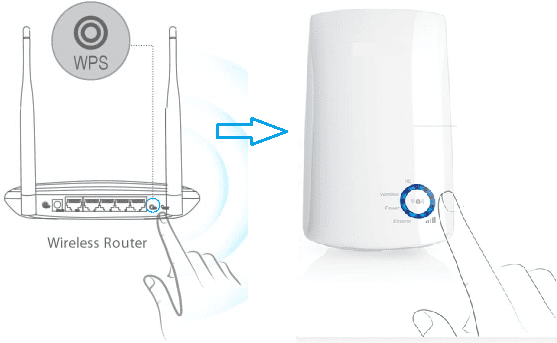
Step 5: Wait until the WPS LED in the extender turns solid green. This indicates the pairing to the primary router is successful.
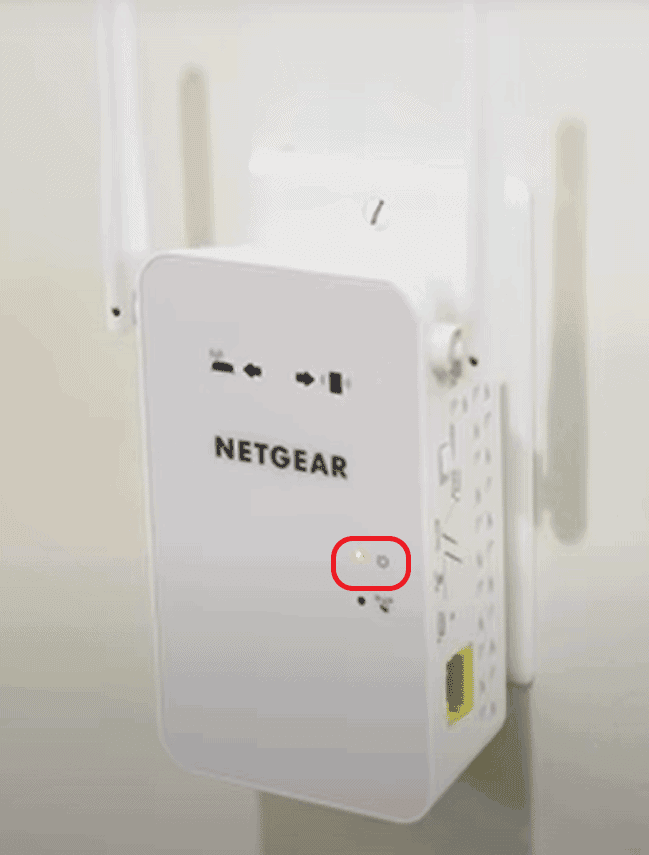
Step 6: Use a mobile or laptop to login to the admin login of the extender. The default credentials will be on the label or the box the device came in.
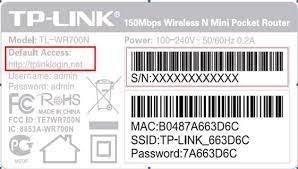
Step 7: Go to the wireless settings and set the new SSID. It should not be the same as the primary home network.
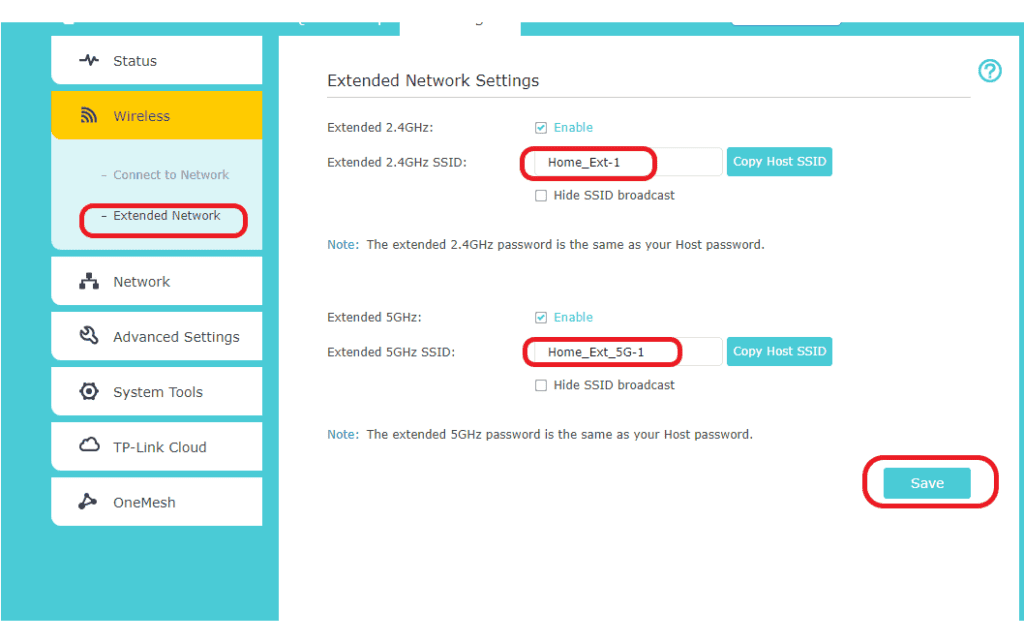
Step 8: Click on save and exit
Step 9: Repeat the process for the second and/or third extender. Ensure the SSIDs for 2.4 GHz and 5 GHz (if available) are different for every extender.
Step 10: If your extender comes with an Ethernet port, you can use it as an access point with Ethernet wiring. And set a different Wi-Fi for every Extender.
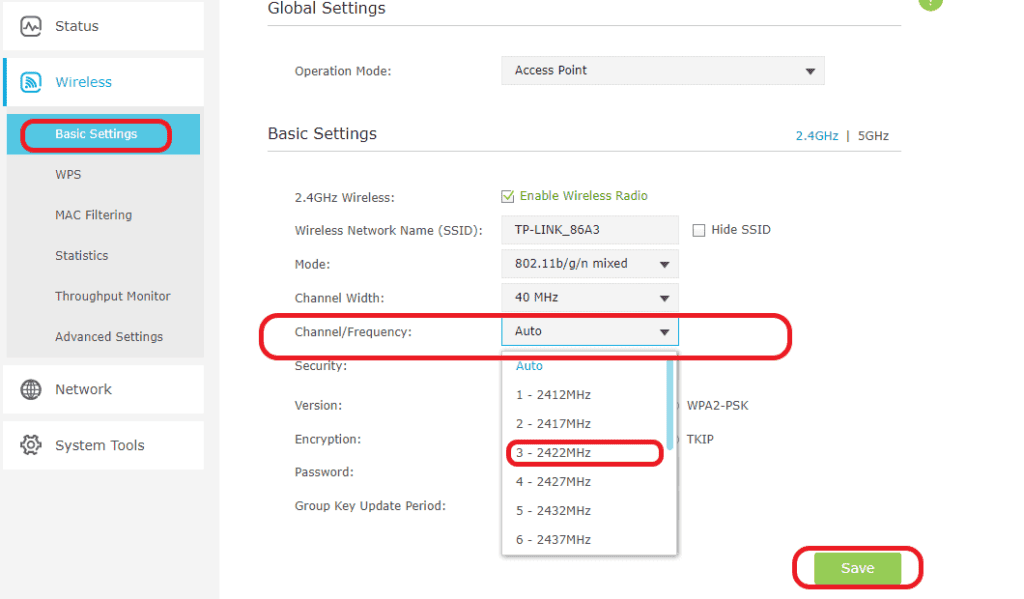
Benefits and Drawbacks of Using More Than One WiFi Extender
Pros
- Comparatively easier to install.
- More flexible to budget restrictions & limitations.
- Easier to improve Wi-Fi coverage
Cons
- Vulnerable to network interference and congestion
- Network management is challenging
Frequently Asked Questions
Can you use 3 Wi-Fi extenders at the same time?
Yes, you can connect 3 Wi-Fi extenders to your router simultaneously. All the extenders use different Wi-Fi channels and SSID to avoid congestion issues.
Can I connect a Wi-Fi extender to another Wi-Fi extender?
Yes, it is technically possible to connect one extender to another. For every additional jump from your router, your network would be subject to loss of speeds and higher latency. This gets further worse with network and physical interference.
Do Wi-Fi extenders work with any router?
Yes. Third-party Wi-Fi extenders are designed to be compatible with any router irrespective of the OEM. However, if an extender comes from your internet service provider, it’s less likely to work on any other routers except for the ISP-supplied gateway.
Which is better; multiple extenders or a Mesh WiFi System?
Despite being expensive, mesh systems are hands down the better option. They are designed to work in tandem, offer seamless connectivity within the house, and come with advanced features. The cherry on top is they are far easier to customize & manage.
Conclusion
Hope you found the article useful. If you are looking to blanket a place filled with smart home appliances, I’d recommend choosing a mesh network over multiple extenders. If that’s not the case, take your shot with extenders, but limit them to 2.
